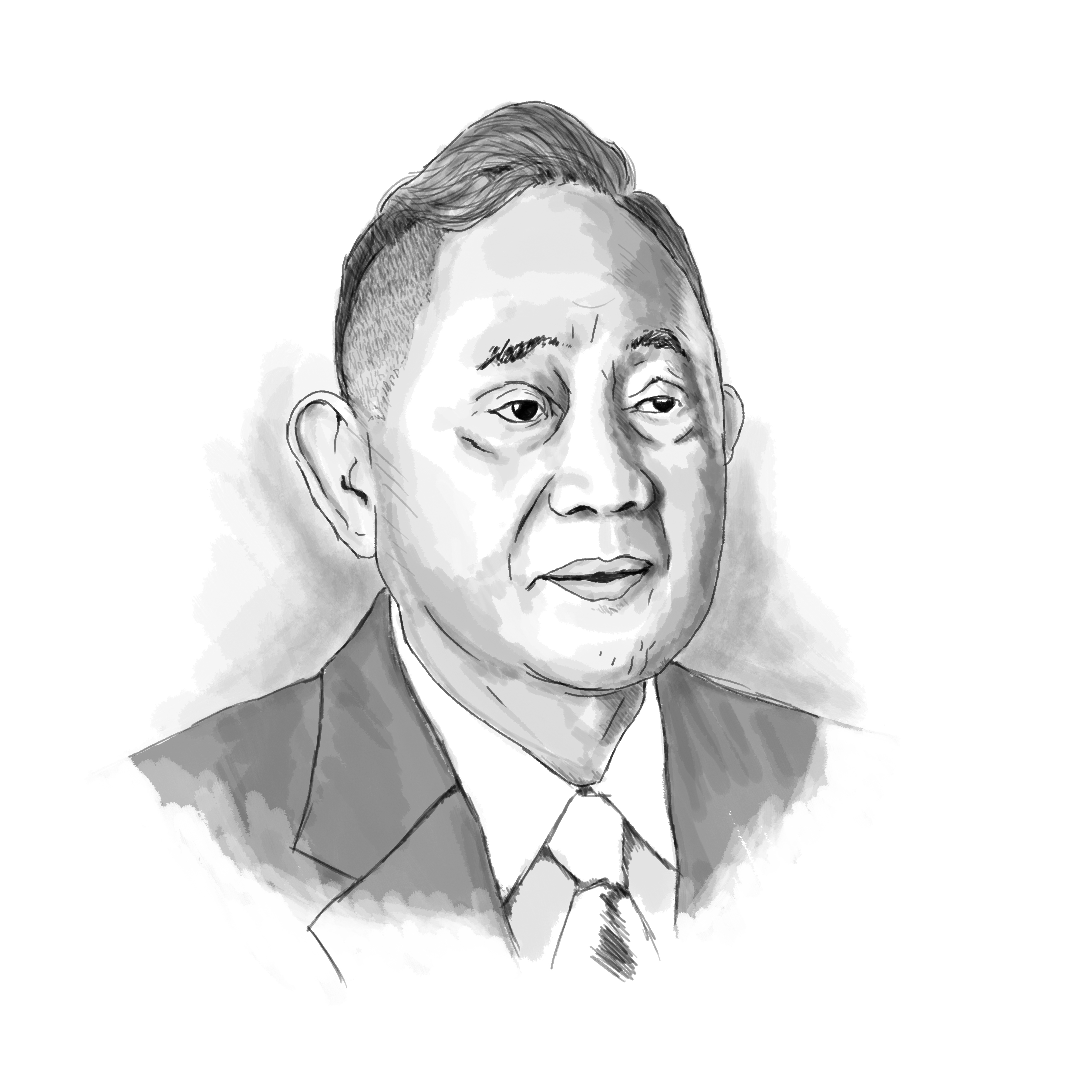Threats to Asian and global peace and stability
PEACE-MAKER

During the first half of 2024, several countries in Asia will hold its presidential or parliamentary elections: Bangladesh (Jan. 28), Azerbaijan (Feb. 7), Pakistan (Feb. 8), Indonesia (Feb. 14), Iran (March 1), Russia (March 17), Republic of Korea (April 10), India (April-May), and Mongolia (June).
As billions of Asians head to the polls from January to June this year, we wish to restate part of the statement issued by leaders of political parties in Asia during the 11th General Assembly of the 350-member ICAPP, the International Conference of Asian Political Parties, held in Istanbul last November 2022, whose observations and deep concerns about our region and the world remain relevant to this day.
The forthcoming elections and their outcomes will undoubtedly reshape the course of Asian history. We hope it will lead to a peaceful and prosperous future for the world’s largest continent and home to more than half of the global population.
Part of the above-mentioned ICAPP declaration reads:
“We observed that Asia and the world are at an inflection point in their history. Amidst talk of an “Asian Century,” there are dark clouds of conflict posing a serious risk to regional and global peace and stability. We stressed the importance of avoiding bloc politics and emphasized cooperation over competition, as common challenges require a collective response. We also emphasized that meeting challenges of the 21st Century requires a conducive environment based on an unwavering commitment to peaceful coexistence, cooperation, and economic and cultural connectivity, with dialogue and negotiations as the only way out for a solution to disputes.
In particular, we expressed our deep concern at the lingering and newly flaring up conflicts throughout our region and the world, and noted that the current territorial issues in some parts of the world pose serious potential threats to overall security to all members of the global community due to the ever-increasing interdependence and interconnectivity among the countries. In this regard, we are gravely concerned about the on-going war in Ukraine, especially its implication of enormous humanitarian catastrophe. We made it clear that we are against violence in all shapes and sizes, and urged all parties in regional and global flashpoints to lay down their weapons immediately and resume diplomatic efforts to resolve their differences peacefully, upholding international laws and the charter of the United Nations. We commend the work of the grain corridor on export of the Ukrainian grain via the Black Sea, brokered by Türkiye and the UN and support its ongoing implementation.
We stressed that the proliferation of weapons of mass destruction and their delivery systems is a threat to regional and global peace and security. We were concerned about the State-Parties’ failure to adopt an outcome document at the 10th NPT Review Conference held in August this year, and particularly concerned by heightened nuclear rhetoric in recent months. As UN Secretary-General António Guterres correctly pointed out at the Review Conference, humanity is “just one misunderstanding, one miscalculation away from nuclear annihilation.”
We noted with concern that our region is also faced with grave security threats such as terrorism in all its forms and manifestations, human trafficking, environmental disasters, humanitarian catastrophe, and challenges accrued from the misuse of new and emerging technologies like cyber technology and artificial intelligence for malign purposes. In particular, we recognized that the threat to cybersecurity poses serious obstacles to national and global cooperation, as it is an indispensable component of global communications, economic cooperation and trade.
We observed that, in modern days, crises are also coming in a multitude of forms, not just from geopolitical conflicts but also from climate change and public health emergencies. Rising prices of energy and food and disrupted global supply chains are also further aggravating global inequality, increasing the outflow of refugees and migrants, and intensifying fears of stagflation. We learned, through the last three years’ siege under the Covid-19 pandemic, that the global crisis requires a global response. In this regard, we resolved that the ICAPP, as a leading political platform in the region, should play a more pivotal role in making our region a safer and more secure place through closer and more frequent coordination and cooperation to ensure common and comprehensive strategy.”